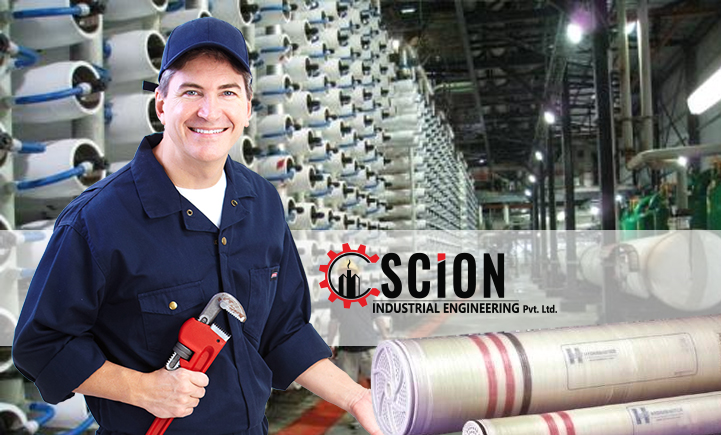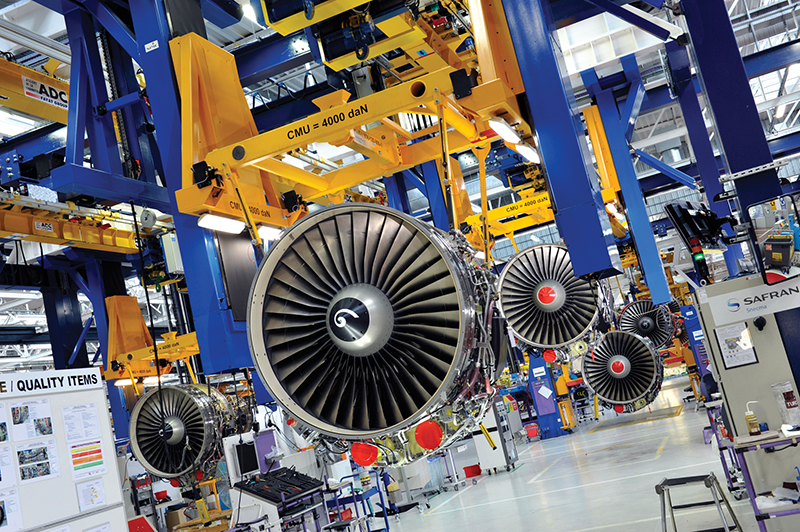Saudi Arabia offers an “extraordinary opportunity” for Irish firms looking to invest in everything from technology to tourism, according to Ireland’s minister for enterprise, trade and employment.
Appearing on the Arab News current-affairs show “Frankly Speaking,” Simon Coveney singled out the Gulf region as a “really good example of how international trade can create wealth, can create employment, and also can ultimately provide stability and an absence of conflict.”
As part of a Gulf tour, Coveney recently paid a visit to Riyadh to meet with Majid Al-Qasabi, Saudi Arabia’s minister of commerce, and other high-level officials.
“The main topic of discussion was Saudi ambition, in terms of the vision for 2030, the extraordinary scale of project development that is currently happening in the Kingdom of Saudi Arabia,” he told Katie Jensen, the host of “Frankly Speaking.”
“Whether that’s on the Red Sea coast in terms of tourism, or whether it’s the scale of development in terms of some of the other projects around Saudi Arabia, and the opportunity for international business that comes from that.
“Whether it’s construction, whether it’s technology, whether it’s energy, whether it’s transport and tourism, whether it’s medtech and the pharmaceutical industry.”
He added: “All of these sectors are very, very strong in Ireland. We have a lot of capacity. Ireland has become a very globalized economy, and some of the largest companies in the world, in many of these sectors already have a very large international presence in Ireland.”
The primary focus of Coveney’s visit to the region was the World Trade Organization’s 13th Ministerial Conference, which took place between Feb. 26 and 29 in the UAE capital, Abu Dhabi.
There, trade ministers discussed a new dispute-resolution mechanism designed to even the playing field between larger and smaller economies.
Ireland is keen to see reforms to ensure that the WTO is able to meet the challenges of the modern economy, including a boost for digital trade — known as e-commerce — and stronger action on climate change — issues the body has been slow to adapt to.
“Ireland, like every small country, wants to see the WTO working, because the WTO and its dispute-resolution mechanisms and support programs is in many ways the great leveler to allow small countries to trade under agreed rules with larger countries and larger blocs of countries,” he said.
“Ireland is a big believer in the WTO as a basis for international trade. But like many others, we’ve been somewhat frustrated at the inability of the WTO membership to get agreement on certain things.
“We’re trying to get agreement on a functioning dispute-resolution mechanism so that small and large countries can operate under the same rules. And if they don’t, there’s a mechanism that countries can refer to, to get a resolution to breakdowns.”
However, Coveney said the prevailing climate of protectionism meant that very few breakthroughs were made in the talks, adding that the apparent “retreat” of globalization provides little room for positivity.
source:https://www.arabnews.com/node/2470191/business-economy


